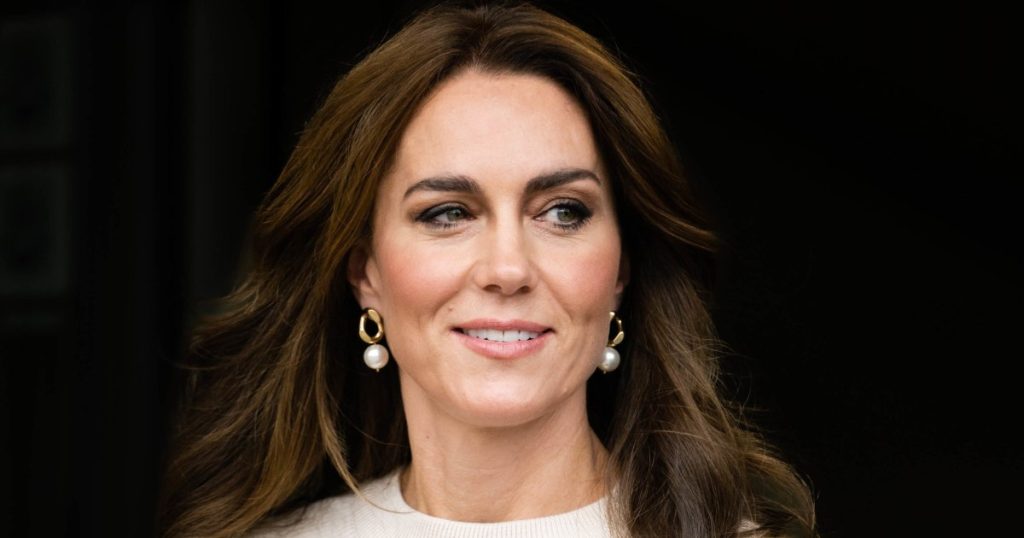Catherine, Princess of Wales, recently revealed that she is undergoing treatment for cancer after undergoing planned abdominal surgery in January. The surgery, initially thought to be for a non-cancerous condition, was found to have had cancer present after tests. Princess Kate is now in the early stages of preventative chemotherapy to address the condition. She took time to recover from her surgery before starting the treatment, and has assured her children and family that she is getting stronger every day by focusing on healing in mind, body, and spirit. Many well-wishers, including Prince Harry, Meghan Markle, the U.K. Prime Minister, and Princess Diana’s brother, have sent their support and best wishes to Kate and her family during this challenging time.
The specific type of cancer that Kate Middleton has been diagnosed with has not been disclosed. Dr. Ben Ho Park, a precision oncology expert, mentions that common cancers found following abdominal surgery include gastrointestinal, urinary, and genital cancers. The decision to undergo preventative chemotherapy is typically based on factors like cancer type, stage, and patient age. Preventative chemotherapy, also known as adjuvant chemotherapy, is aimed at killing cancer cells that may still be present in the body post-surgery. While the specific details of Kate’s case have not been released, the treatment could last between three to six months and may involve different forms of chemotherapy administration, including IV infusions or oral medication.
The side effects of chemotherapy can vary and may include fatigue, decreased appetite, nausea, vomiting, infections, and organ complications. While Kate’s age may play a role in how she tolerates these effects, there are no guarantees. Preventative chemotherapy, through clinical trials, has been shown to reduce the risk of cancer recurrence in some cases. Park believes that Kate’s treatment aims to maximize the previous surgery’s effectiveness by targeting any remaining cancer cells. However, there is always uncertainty in cancer treatment, as some patients may receive chemotherapy unnecessarily, leading to potential over-treatment. Even after preventative chemotherapy, there is still a risk of cancer recurrence, making it a challenging and uncertain process for patients and their doctors.
While it is unclear whether Kate Middleton currently has cancer, given that preventive chemotherapy is often used as an additional measure to prevent cancer recurrence, there may be uncertainty around the current status of the disease. Many patients undergo preventive chemotherapy without a definitive diagnosis, leading to some patients receiving treatment when they may already be cured. The effectiveness of preventative chemotherapy in eliminating cancer cells varies from case to case, and there is ongoing uncertainty around the potential for cancer recurrence even after treatment. Princess Kate’s journey through cancer treatment highlights the complexities and challenges of cancer care and the ongoing need for research and advancements in treatment options.
The outpouring of support and well wishes from family, friends, and well-wishers underscores the importance of emotional and social support in the midst of a cancer diagnosis. Princess Catherine’s openness about her cancer journey can help raise awareness about cancer treatment and the importance of early detection and prevention. The royal family’s acknowledgment of Kate’s health challenges reflects the universal nature of cancer and highlights the need for compassion and support for all individuals navigating a cancer diagnosis. Kate’s courage and strength in facing this health challenge can serve as an inspiration to others facing similar journeys, reminding them that they are not alone and that there is hope in the midst of uncertainty.


